Green beans
Green beans are an excellent source of vitamin K, manganese, folate and fiber. They are rich in chlorophyll, stopping some carcinogenic effects and slowing down growth of cancer tumors. Thanks to folate and iron content, it is good to eat them during pregnancy to ensure healthy prenatal development, as well as for energy boost. Green beans are beneficial for bone and heart health and good for lowering cholesterol. Another compound they are rich in is silicon, supporting skin and nail growth. Due to high carotenoid content, they keep eye health in check and prevent macular degeneration. As a downside, raw green beans contain protein lectin, which might cause digestive issues.

